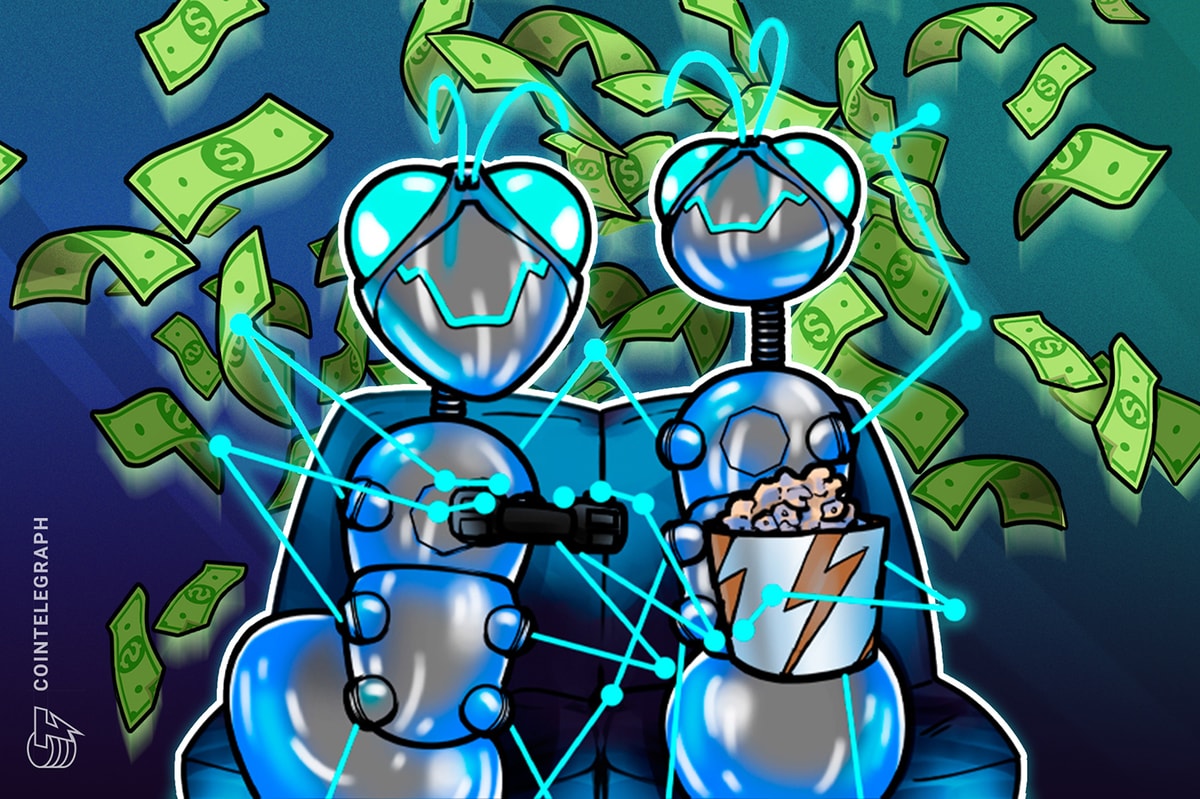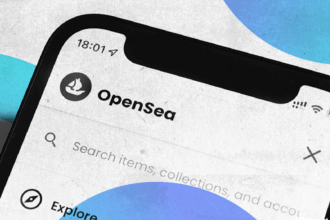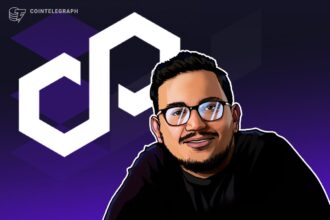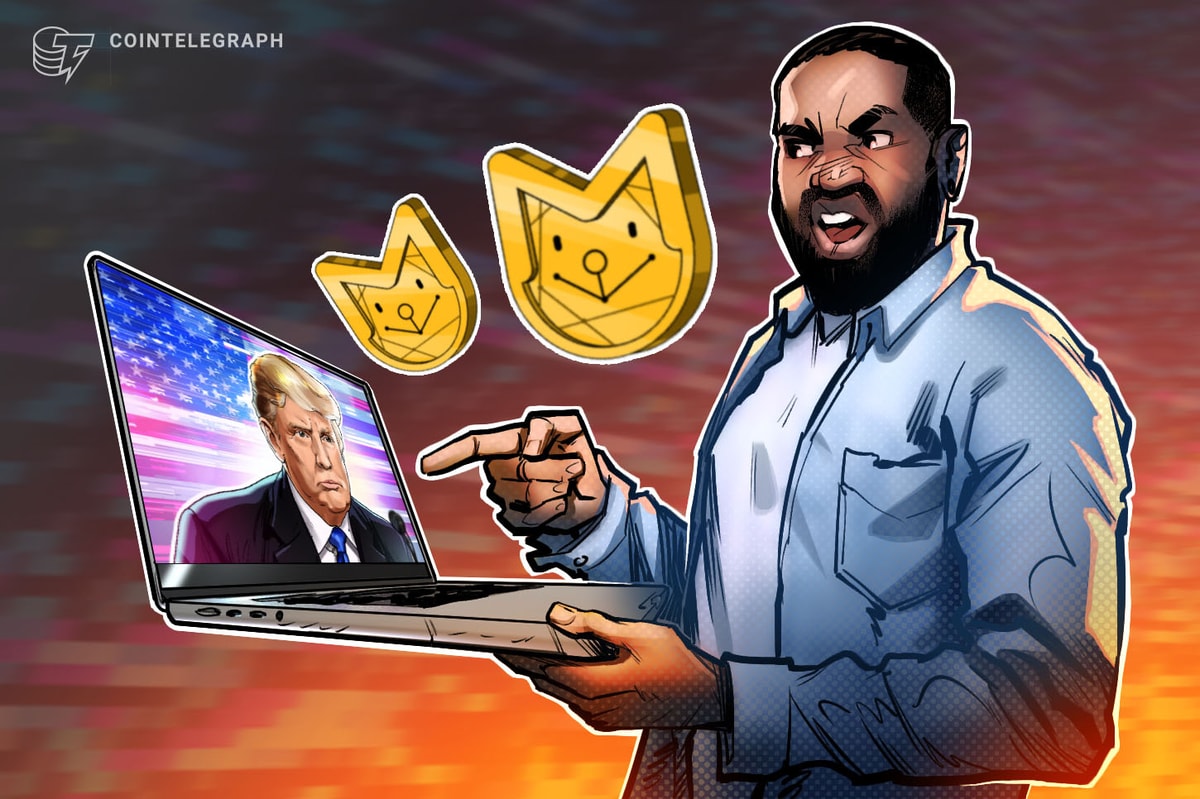John Smedley’s Web3 Ambition: Using Tezos’ Etherlink for AAA Shooter Title
John Smedley, the acclaimed game industry veteran and former CEO of Sony Online Entertainment, is making a significant push into Web3 gaming, unveiling a $30.5 million funding round for a new blockchain-powered AAA first-person shooter.
Under his leadership at Distinct Possibility Studios (DPS), the venture secured investment led by Bitkraft, a gaming-focused venture capital firm, and Brevan Howard, a European hedge fund, according to a statement circulating with Cointelegraph on [Date referenced as Thursday].
The proceeds will fuel the development of “Reaper Actual,” a new open-world massively multiplayer online first-person shooter (MMOFPS) set to integrate Tezos’ layer-2 (L2) blockchain, Etherlink. This integration aims to make both the game and its Web3 components, including characters, bases, and skins, tradeable.
Smedley’s Gaming Legacy: From EverQuest to Planetside
Smedley’s career includes some of the genre’s most influential titles. He co-created EverQuest, the iconic 3D fantasy MMORPG released by Sony Online Entertainment (now Daybreak Game Company) in March 1999.
His resume also includes co-developing the free-to-play massively multiplayer online first-person shooter (MMOFPS) Planetside 2. Known for its large-scale persistent-world combat supporting up to 2,000 concurrent players across massive territories “Reaper Actual” represents a new frontier in both type and playing field, targeting major gaming platforms including Steam, the Epic Games Store, and its dedicated website.
Why Tezos and Etherlink?
Smedley has selected the Tezos Foundation’s Etherlink L2 blockchain specifically for its technical promise: “The Tezos Foundation and the development team behind Etherlink share our vision about the game being the most important thing,” he stated. “The developers have prioritized building a chain that reflects this; it’s right there in their tagline: Play, Own, Trade.”
According to DPS, the choice also hinges on Etherlink’s capacity for handling substantial transaction volumes, utilizing energy-efficient protocols, and employing secure smart contracts.
The project views Etherlink and the broader Tezos ecosystem as “a very forward-leaning blockchain ecosystem,” emphasizing the developers’ commitment to improving transaction times, Extensibility, and overall player experience.
The Unresolved Challenge: Maturing Web3 Gaming Adoptions
“Had this news dropped during the 2021-2022 cycle, I wouldn’t have necessarily batted an eye,” commented Alex Chong, Chief Operating Officer of GameFi at Everest Ventures Group.
However, the perceived AAA Web3 title has experienced a “two-year drought” since the initial wave of NFT enthusiasm, marked less by fanfare and more by setbacks, Chong added.
He noted that numerous previously hyped Web3 game projects saw “long waitlists and active betas … [but] quietly faded as their tokens and NFT values declined,” highlighting a core industry challenge: “Web3 gaming has yet to mature its player base.”
In the traditional gaming model, depth and enjoyment are primary drivers for player time investment. In Web3, Chong observes, user engagement has often historically revolved around speculative aspects like token price appreciation or initial NFT drops, leading to retention issues when the market corrects.
This pattern of “purely profit-driven engagement” has complicated efforts to establish sustained daily active users and meaningful retention, he warned, suggesting it remains “difficult for even AAA titles to thrive” against the nature of the Web3 incentive structure.












